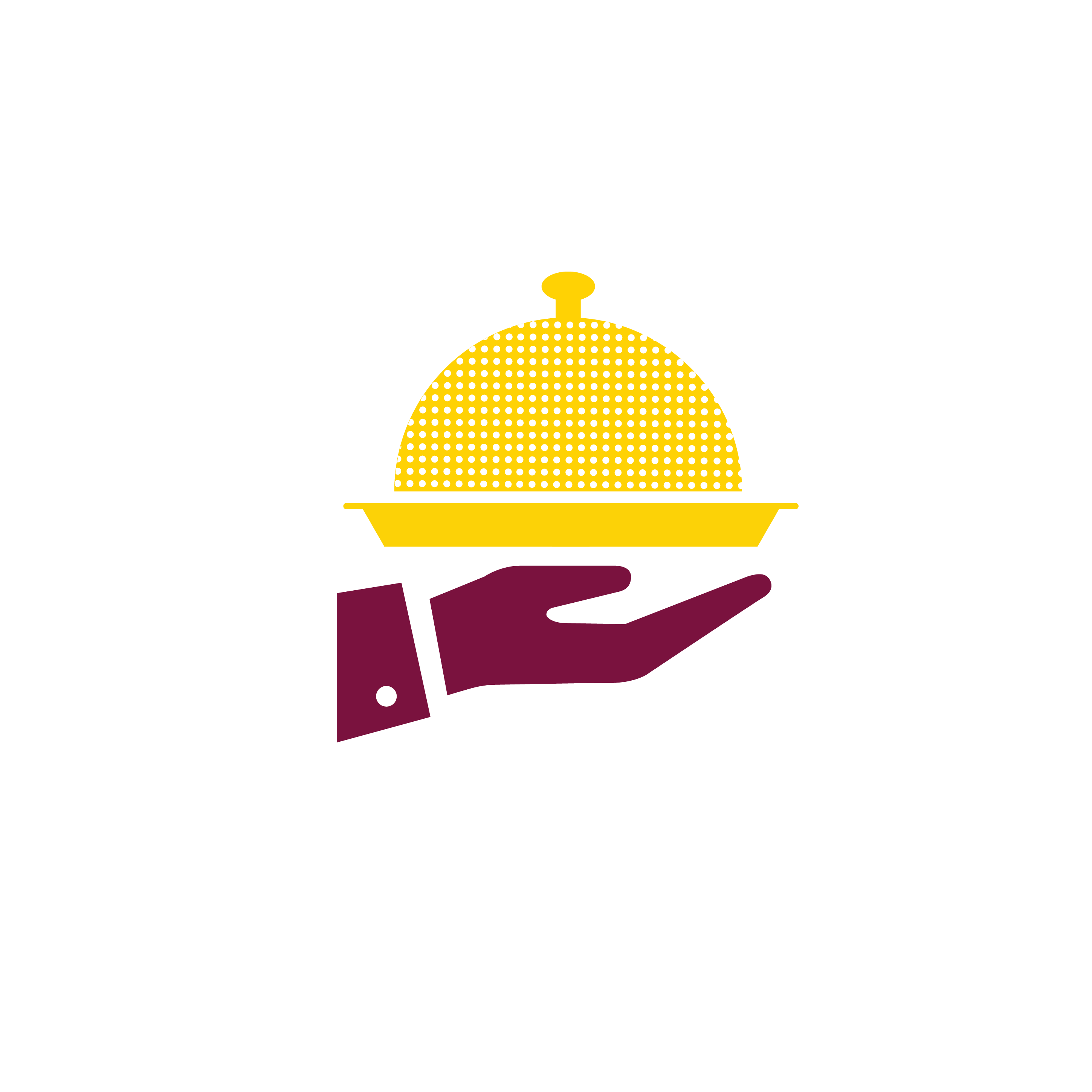5 June 2018
When you get a bill at a restaurant it will normally state that the service charge is discretionary. This allows the customer the freedom to withhold payment, but also has a VAT benefit as VAT is not due on this part of the payment.
The reason for this is that the payment is optional and not consideration for anything provided by the restaurant - if the service charge is mandatory it would be subject to VAT. The same treatment applies to tips. This is the basics of the VAT system, one of the most complex taxes.
VAT is levied on:
- a supply of goods or services
- by a taxable person (somebody registered or registerable for VAT)
- in the course or furtherance of a business.
The value of the supply is what was given in exchange for it. So applying this to the purchase of a meal, the charge for the meal is subject to VAT as it meets the criteria above – the meal was provided by a VAT registered business. The discretionary charges are outside the scope of VAT because there is no deemed link to a supply of goods or services received.
It does inevitably get more complex and controversial and cases continue to consider the amount VAT is calculated on. For example, the courts have considered car parking overpayments. There seems little difference between a discretionary payment for a ‘service’ and an additional payment forced through a lack of proper change. The courts most recently decided that National Car Parks Ltd had to account for VAT on overpayments (to the tune of £500,000). The payment machine stated ‘no change given overpayment accepted’. The courts confirmed consideration for VAT purposes is different to that under contract law and the value on the machine or printed ticket of limited relevance. Where a customer pays £1.50 that is the amount received by the supplier and the amount for VAT purposes.
So the courts apply a broad approach to consideration for VAT purposes. Arguably the treatment of catering service charges is out of step with developing case law. But fundamentally it is a great example of how VAT works – if you pay for something that is the relevant amount for VAT purposes. If you give something voluntarily (e.g. a tip) that is freely given and not consideration for VAT purposes – although you can always find exceptions in the complexity of case law and wider interpretation.
If you are a restaurant operator and have been accounting for VAT on discretionary service charges or tips, then you may be able to claim a retrospective rebate from HMRC.
If you would like any advice about the topics covered in this article, please contact Sean Glancy.


